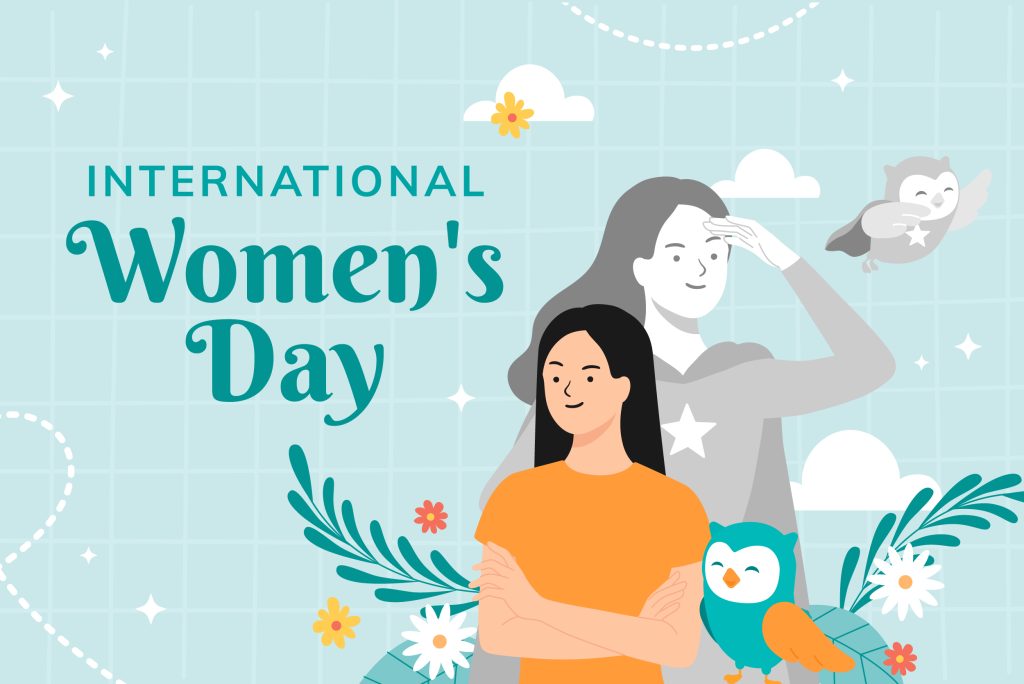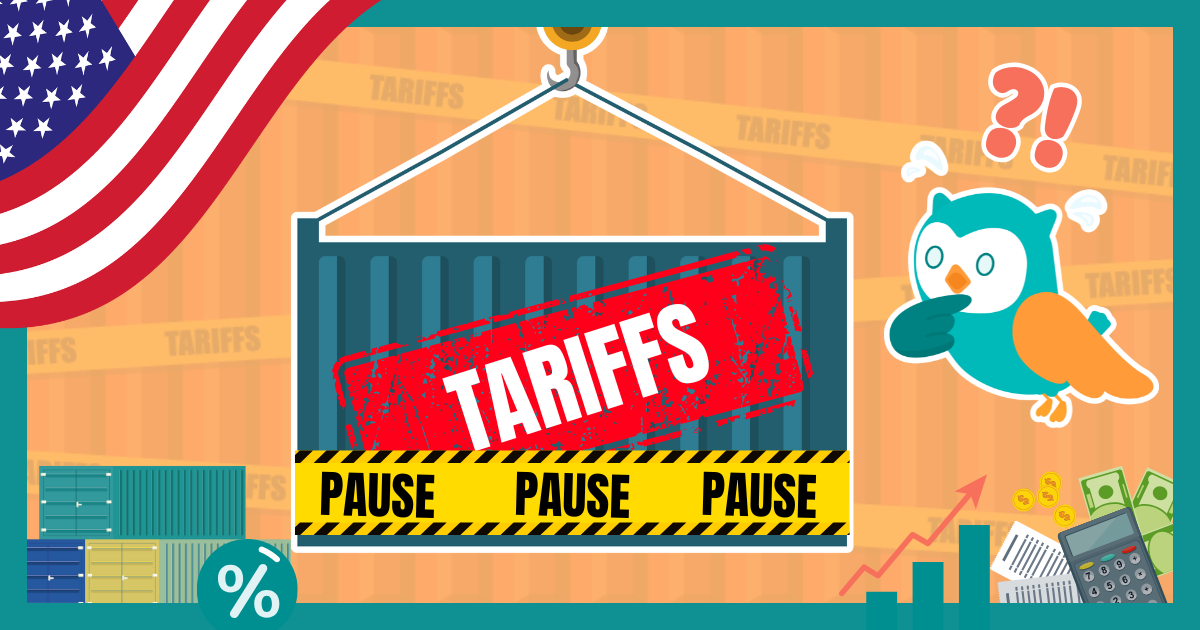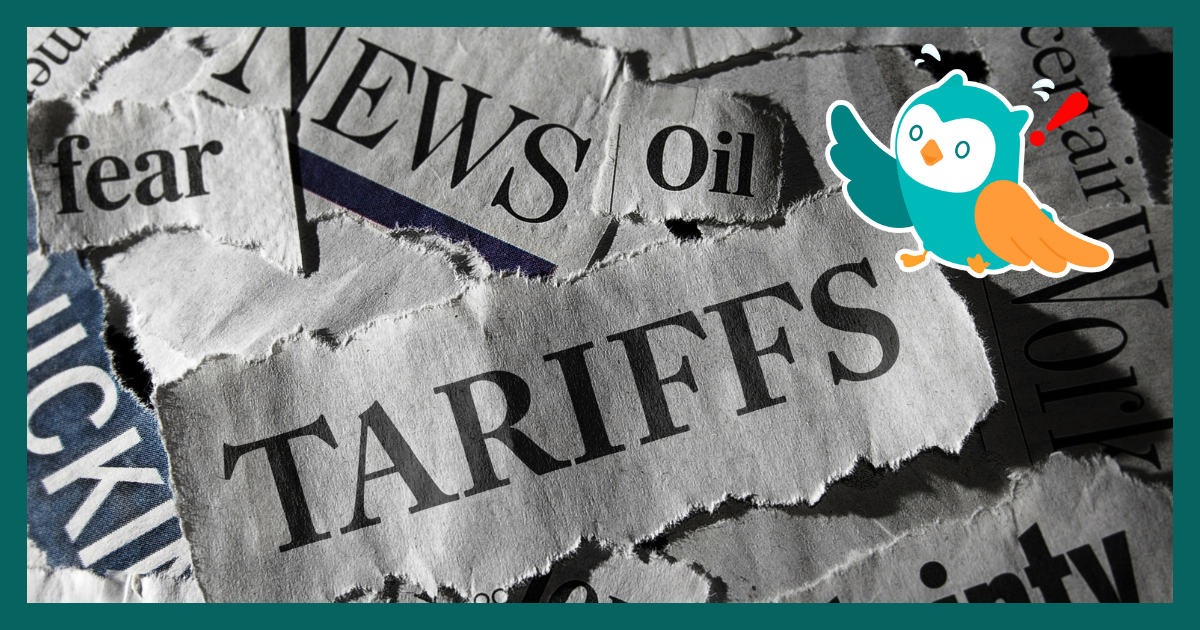Note: It was announced in November 2023 that MoneyOwl will be acquired by Temasek Trust to serve communities under a re-purposed model, and will move away from direct sale of financial products. The article is retained with original information relevant as at the date of the article only, and any mention of products or promotions is retained for reference purposes only.
______________
A few weeks ago, I did my first ever mammogram. I was way past the recommended age to start screening! Health Promotion Board’s (HPB) guideline is for women to do a mammogram every year once they’ve crossed 40 years of age, and once every two years once they cross 50. Those with a relevant family history of cancer might do it more frequently.
I told my 76-year old mother about this “first ever” last week, and she was appalled that a well-educated woman like me, and a CEO of a financial advisory firm that advocates people have good insurance protection, did not do so earlier.
Why did I not do so? It was not for want of knowledge. Rather, it was inertia brought about by a combination of complacency and natural avoidance of discomfort. I was complacent because I didn’t feel that breast cancer could happen to me. I should be at low risk, given that I had breastfed my kids and I’ve got no family history of cancer. Plus, there is some pain involved – both the minor physical discomfort from the ten seconds or so of each breast compression and the inconvenience of time and effort involved. This just made it less appealing to take that step.
To justify my inertia, I subconsciously made very clever excuses to myself. There are often false positives from mammograms that could cause unnecessary distress, I said. This is even backed up by statistics! According to HPB, 9 out of 10 women who have an abnormal result end up having no cancer. But it’s not logical, because ultimately, if you are the 1 out of 10, early detection through a mammogram is the only way you can reliably save your life through early treatment, which is increasingly effective. Then I borrowed the common excuse that if they found anything, insurance companies would not insure me anymore. But, I have already bought all the insurance I need!
What made me go for the mammogram in the end? I have thought about doing this screening on and off because the experience of breast cancer was very real among the people with whom I work. One colleague had had breast cancer before, while another colleague’s mother had passed away because of breast cancer. Just this year, a third colleague had to take some time off because his wife had an abnormal mammogram result. Happily, she was cleared of cancer after a biopsy. Ours is a small company of about 50 persons, and there are already quite a number of instances. Nationally, we know that one in four persons in Singapore may develop cancer in their life-time,1 and breast cancer accounts for three in ten cancer diagnoses2 for women. But the final trigger for my action was professional advice from my gynaecologist at an annual check-up. He took a holistic approach to my wellbeing, and his office made it easy for me to sign up for the screening.
How was the experience? As expected, there was some discomfort, but the radiology technicians added that human touch of empathy, assuring me that they would be as fast as possible – and they were! In the waiting time of a few days, I did wonder what would happen if I had an abnormal result and if it turned out to be cancer. I had some small moments of anxiety, but what really helped me was knowing that I was more than adequately covered in terms of a Shield plan (for any chemotherapy), critical illness (to allow me a few years of recuperation) and life coverage (for my family’s expenses in absence of my income, in case I died from it). I have all the protection I need because term insurance is cost-effective and fit-for-purpose. Last year, I even brought down my insurance expenses further through my in-house MoneyOwl adviser colleagues, who had advised on better-value premiums being offered by insurance companies, because of persistent industry price competition these few years. We are still doing this for clients today.
The experience strengthened my conviction that insurance is one thing that I don’t want to “make money on”! I never thought that I would be happy to receive a personal report card with the assessment, “unremarkable”. But that’s the mammogram report I was relieved to get, and which I would like to have every single time. After all, my life plan should not be based on me dying or getting sick, but on me being healthy and thriving, as far as it depends on me. I did not have to worry about the company, either, because MoneyOwl’s strength is not based on me as a founding CEO or on any individual, but on its purpose, mandate, values and professional excellence built up centrally in our people and systems over the past years.
In a quiet moment after the screening, I reflected on how, in my prior procrastination, I had been making the same mistake that I often plead with clients and friends not to make – I failed to take just a little effort to do the financial planning that could save me and my loved ones a lot of distress, even if we didn’t care about the upside from better financial health. To encourage you to take that first step, I highly recommend that you check out our International Women’s Day promotion offering a free Comprehensive Financial Planning report (think of this report as a roadmap that creates and plans a clear path of action towards a secure financial future).
It could easily have turned out that the result was not “unremarkable”. In the absence of nudges or emergencies, we human beings tend to allow flimsy half-truths, anecdotes and excuses in our minds to block us from doing what we know we need to do, for our own good. I thus appreciated people around me sharing their experiences, my doctor knowing his professional stuff and taking a comprehensive approach to my well-being, his staff enabling me to take action easily, and finally the radiologists adding empathy to my interaction with just the technology. I hope that MoneyOwl, being a social enterprise with a comprehensive planning approach and salaried professionals as advisers, can do the same in the area of financial wellness; and that come what may, everyday Singaporeans can live their best possible life, because they have taken the wise decisions that empower them to do so.
And as we celebrate International Women’s Day, let’s take a moment to reflect on how far we have come and give ourselves a well-deserved pat on the back. It is important to recognise progress and celebrate any achievements, both big and small. Beyond that, we should also remember to focus on the oft-neglected but significant things that can make a huge difference in both our lives and that of our loved ones. Prioritise our health by getting regular health screenings and ensure that we have the necessary insurance protection. By taking care of ourselves, we can be there for those who depend on us.
Footnotes:
[1] Singapore Cancer Society , “Common Types of Cancer”, https://www.singaporecancersociety.org.sg/learn-about-cancer/cancer-basics/common-types-of-cancer-in-singapore.html
[2] Singapore Cancer Registry Annual Report 2020
Disclaimer
The information contained herein does not have any regard to the specific investment objective(s), financial situation, or the particular needs of any person. Buying insurance is a long-term commitment and should be bought according to your needs, and products’ suitability. You may wish to seek advice from our client adviser before making any financial decision.




